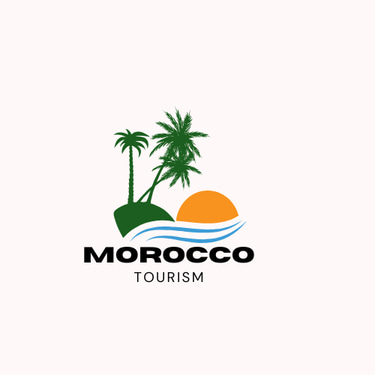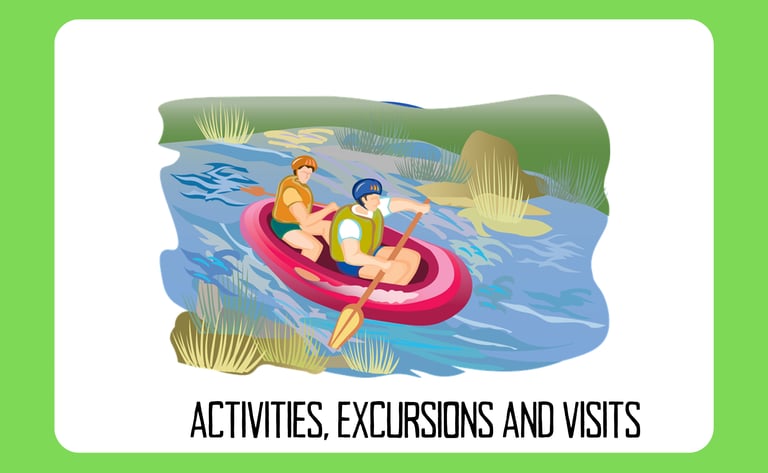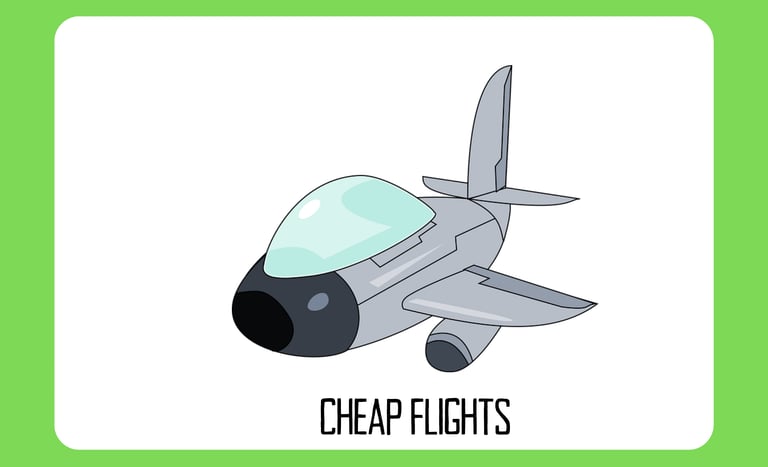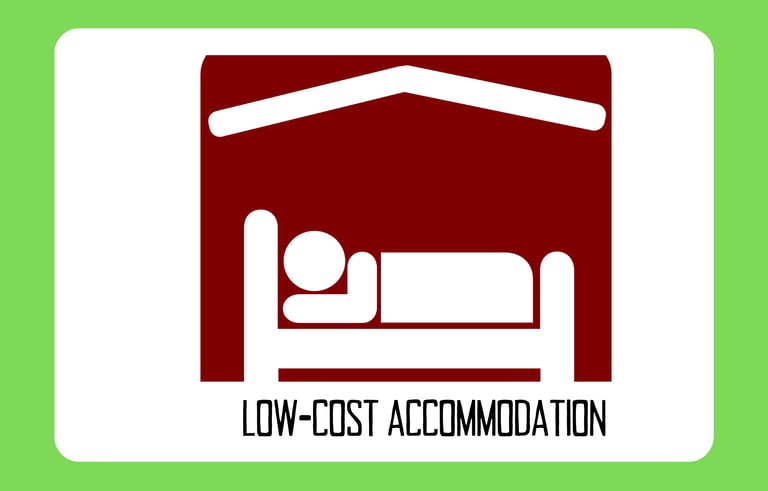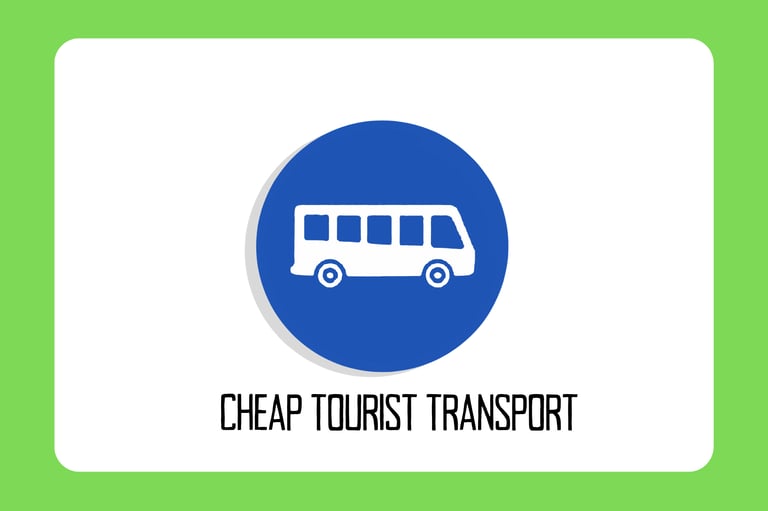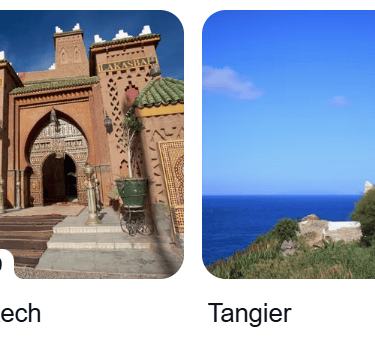Morocco, LAND OF WONDERS
Morocco: A Safer Travel Destination in 2025
Explore why Morocco is emerging as a safer travel destination in 2025. With secure environments, welcoming locals, and reliable infrastructure, enjoy peace of mind while discovering this beautiful country.
By NASSIMI Abdelhakim
4/19/20259 min read
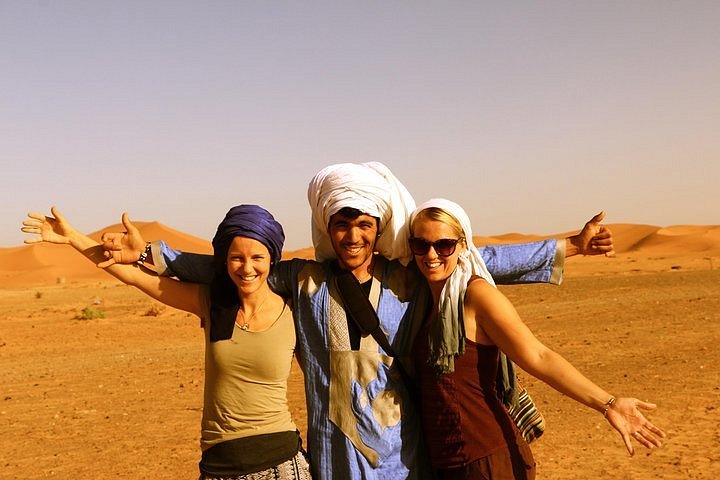

Where to travel with peace of mind in 2025? As the year begins and we consider future trips, the feeling of safety remains a key criterion in choosing destinations. The safety of travel destinations is a key aspect to consider when planning a getaway. In a constantly evolving world marked by geopolitical, environmental, and health concerns, travelers are looking for places where they can feel safe while exploring new cultures. Perceptions of safety are not only crucial for the well-being of visitors, but also influence destination choices. Over the years, countries have stepped up their efforts to improve safety conditions, implementing proactive measures and strategies to reassure travelers.
In this context, Morocco stands out as a destination that has made significant progress in terms of safety. The Moroccan government has invested in initiatives to ensure tourist safety in response to past challenges. This development, coupled with the rich culture, varied landscapes, and hospitality of Moroccans, positions the country as a top choice for those planning to travel in 2025.
Morocco, with its historic cities such as Marrakech, Fez, Rabat, Tangier, Agadir, and Casablanca, offers a unique experience that blends tradition and modernity. Tourism infrastructure has also improved, and local authorities are collaborating closely with tourism industry professionals to promote a safe environment. As the world emerges from the COVID-19 pandemic, safety has become a priority for industry stakeholders, and Morocco is responding by strengthening and promoting its safety standards. In doing so, the country is establishing itself as an attractive destination for travelers seeking a rewarding and safe experience.
Security Initiatives in Morocco
To ensure the safety of travelers in both its most popular and less-visited regions, Morocco has implemented a series of proactive initiatives. The Moroccan government is committed to creating a safe environment not only for citizens but also for tourists, who are a major source of economic income. To support this development, significant investments have been made in security infrastructure.
Moroccan authorities have increased their police presence in tourist areas. This includes the deployment of reinforced patrols in cities such as Marrakech, Fez, and Agadir, as well as in mountainous and coastal regions. This system is designed to ensure a rapid response to incidents and deter any form of crime against travelers. In addition, law enforcement officers receive ongoing training in emergency management, victim assistance, and cultural diversity awareness, which improves their ability to interact positively with tourists.
Furthermore, the government has launched awareness campaigns aimed at informing not only Moroccan citizens but also tourists about the behaviors to adopt to ensure their safety. Informational brochures and posters are visible in airports, hotels, and tourist attractions, presenting practical advice such as the importance of keeping one's belongings safe and remaining vigilant in public places. These concerted efforts aim to establish a climate of trust, encouraging more visitors to discover the country's cultural and natural riches with complete peace of mind.
The Impact of Recent Events
In recent years, Morocco has undergone a period marked by both local and international events that have influenced the perception of security in the country. From the fight against terrorism to the management of the COVID-19 pandemic, each incident has played a decisive role in how travelers view this North African country. In response to potential threats, the Moroccan government has implemented enhanced security measures aimed at securing popular tourist destinations such as Marrakech, Fez, and Agadir. These efforts include an increased police presence and awareness campaigns to inform visitors about safety protocols.
Recent civil society initiatives have also been crucial in establishing a reassuring atmosphere. Local organizations have committed to promoting intercultural dialogue and fostering better understanding between different communities. This includes tourist-friendly campaigns that aim to break down stereotypes and build the confidence of potential travelers. Meanwhile, cooperation with international organizations has allowed for the sharing of best practices in security, ensuring that standards are respected and adapted to contemporary realities.
Furthermore, the rise of digital technology has also had a significant impact. Access to real-time information via social media and travel apps allows tourists to make informed decisions regarding their safety. These tools facilitate immediate communication between local authorities and travelers, providing an additional support network when needed. As a result, the perception of security in Morocco in 2025 is more optimistic, supported by preventative measures and active collaboration between public and private sector actors.
Morocco ranked among the "safest countries" for travel in 2025
Morocco has emerged as a safe destination for travelers in 2025, according to the "Risk Map 2025" published by Safeture and Riskline. The latter has released a map highlighting travel risks worldwide.
This map, which assesses the risk level of each country based on criteria such as security, crime, health and environmental risks, places Morocco among only three African countries with a "low" risk level, alongside Namibia and Botswana, according to a study cited by H24info.
This ranking places the Kingdom of Morocco in the same category as nations such as France, the United States, Spain, and the United Kingdom. However, the African continent presents a mixed picture in terms of security. While Morocco is doing well, other North African countries such as Mauritania, Libya, and Algeria are classified as "critical" risk.
Globally, the safest destinations, with "negligible" risk, include Canada, Iceland, Australia, Germany, and Switzerland. This global risk map allows travelers to plan their trips with full knowledge of the facts.
Over the years, many travelers have shared their experiences regarding safety in Morocco, particularly those who have recently visited. These accounts provide valuable insight into the situation on the ground and help reduce the apprehension of future visitors. One French tourist, for example, said, “I visited Marrakech and its surroundings in 2025. I was impressed by the warm welcome of the locals and the cleanliness of the place. I walked alone in the streets at different times and felt safe at all times.” This experience underscores how Moroccan friendliness is often a reassuring factor for travelers.
Other visitors also praise the Moroccan government's security measures. One Canadian tourist added, "I appreciated the fact that many tourist sites have security guards. This allowed me to focus on my discoveries without worrying. In addition, tourist police officers are always available to answer our questions." This type of feedback highlights the efforts made to ensure traveler safety while fostering a welcoming atmosphere.
Additionally, a group of young adventurers commented on their experience in northern Morocco, saying, “We were a little nervous at first, but we quickly realized that people were always willing to help us. The sense of security allowed us to explore less touristy areas and interact with the locals without fear.” These anecdotes show that, despite initial concerns, many travelers discover a Morocco where life is good and where they can travel with peace of mind.
The Flagship and Secure Destinations
Morocco, as a travel destination, offers a multitude of captivating locations, each with enhanced security measures to ensure the well-being of visitors. Among these destinations, Marrakech stands out for its rich culture and famous attractions, such as the medina and Jemaa el-Fnaa Square. The city has adopted safety initiatives, including increased police presence in tourist areas and awareness campaigns to encourage safe behavior. Visitors can explore the bustling souks and sample local dishes while feeling safe.
Fez, Morocco's iconic city, is famous for its UNESCO World Heritage-listed medina. Local authorities have implemented security measures, including access controls at certain tourist sites and patrols of historic streets. Travelers can take guided tours to discover the city's fascinating architecture and immerse themselves in traditional crafts, all while enjoying a safe environment for their cultural discoveries.
Agadir, a popular seaside destination, is another example of a safe destination in Morocco. Known for its golden beaches and pleasant climate, Agadir boasts a robust tourist infrastructure. The city has enhanced its security with surveillance cameras and on-site security teams to ensure tourists' peace of mind. Visitors can enjoy water sports, walks along the beach, or even dining at seafood restaurants, all while being reassured by the security measures in place.
In short, these Moroccan destinations—Marrakech, Fez, and Agadir—are exemplary in terms of safety, allowing tourists to explore this fascinating country with complete peace of mind. They not only offer enriching experiences but also a safe environment for travelers in 2025.
Comparison with other Destinations
In 2025, Morocco is positioned as a safe travel destination, especially when compared to other popular locations. Several factors contribute to this perception of safety, including crime statistics, political stability, and the security measures in place for tourists. Compared to destinations such as Turkey, Tunisia, Algeria, Egypt, or parts of Europe and Asia, Morocco stands out for its ongoing efforts to create a welcoming and safe environment for travelers.
Security in Morocco is improving thanks to cooperation with international security agencies and proactive efforts to prevent security threats. This contrasts sharply with some destinations where crime can be more prevalent, and travelers should be more cautious. For example, some Latin American cities, despite their tourist appeal, have levels of violence and crime that require vigilance. Similarly, destinations like Istanbul, while culturally rich, can sometimes be marked by political tensions.
Another aspect to consider is the perception of personal safety. Feedback from travelers who have recently visited Morocco often highlights a sense of security, reinforced by the visible presence of security forces at major tourist sites. However, some destinations may not offer this level of confidence, which could raise concerns among potential tourists.
Finally, establishing an objective comparison with other destinations helps contextualize Morocco's position as a safe travel choice. By considering these various aspects, travelers can better evaluate their options and choose Morocco without reservation in terms of safety in 2025.
Conclusion and Future Perspectives
Morocco, with its cultural richness, diverse landscapes, and legendary hospitality, is positioning itself as an increasingly safe and attractive travel destination for tourists. Looking ahead to 2025, several factors are contributing to this improved perception of safety, a key element in attracting international visitors. First and foremost, the Moroccan authorities' ongoing efforts to strengthen public security and promote a peaceful environment play a crucial role. Investments in tourism infrastructure and services have also improved the traveler experience, strengthening Morocco's reputation as a destination of choice.
Additionally, developing new marketing strategies targeting specific segments of the tourism market will help position Morocco as a leader in this competitive landscape. Highlighting local cultural events and festivals can encourage more people to explore the country while providing them with a safe and welcoming environment. Awareness-raising and training efforts for tourism industry stakeholders on best safety practices will also boost traveler confidence.
With promising results, it is essential that stakeholders collaborate to maintain and expand this favorable trend. Safety must remain a top priority, accompanied by effective communication on the measures taken to ensure visitor peace of mind. Alliances with international partners, as well as the adoption of new technologies to monitor and improve security, will contribute to a bright future for tourism in Morocco. In short, with a continued commitment to safety and customer experience, Morocco is well positioned to welcome even more visitors in 2025 and beyond.
Frequently Asked Questions about the destination MOROCCO:
Is life expensive in Morocco?
Life in Morocco is generally considered very affordable, especially compared to European countries.
In 2025, the cost of living in Morocco is estimated to be approximately 60% lower than in France.
Here are some indicators to give you an idea of living expenses :
*The average monthly salary is approximately €320.
*The price of 1 liter of gasoline is approximately €1.10.
*A restaurant lunch costs an average of €4. A movie ticket costs approximately €5.
*Renting an apartment in the city center can cost €300 to €500 per month, depending on the city.
*Renting a city car costs an average of €4 per day.
*A generous ice cream sundae costs approximately €5.
To explore Morocco's diverse landscapes and majestic tourist attractions, renting a vehicle is highly recommended. To do this, we invite you to discover the best car rental deals on DiscoverCars. DiscoverCars works with local agencies and generally manages to offer its customers the best value for money and find the lowest rates.
Do you need a visa to go to Morocco?
Visa requirements for Morocco depend on your nationality. Citizens of France, Belgium, Germany, England, the Netherlands, Switzerland, Canada, and most European countries do not require a visa for tourist or business stays of up to 90 days. For longer stays, such as for study or work, a visa or residence permit is required.
It is advisable to check with the Moroccan embassy or consulate in your country before departure.
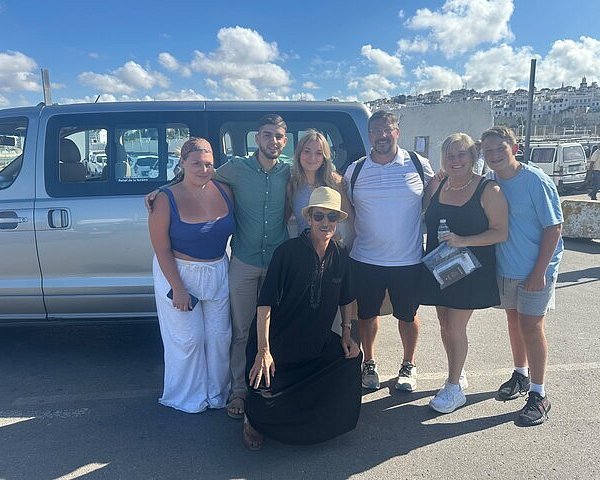

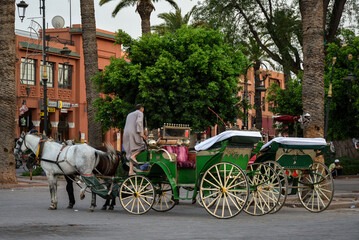

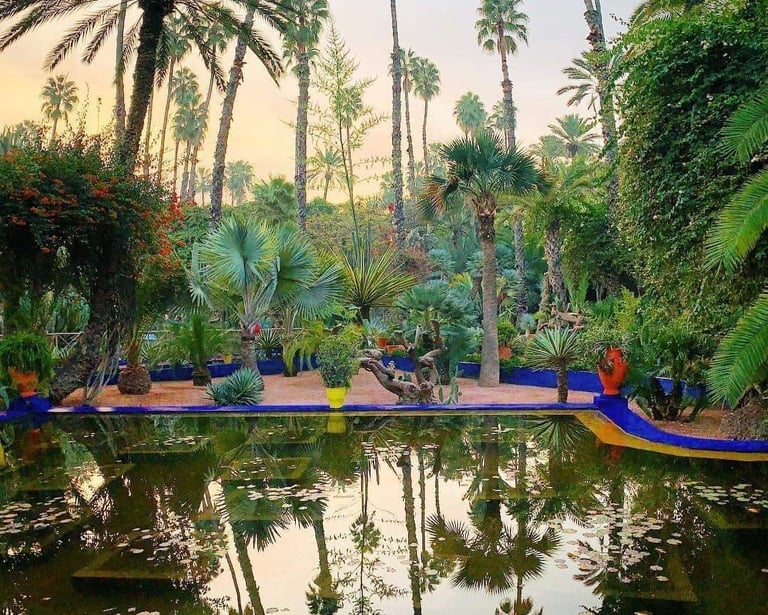

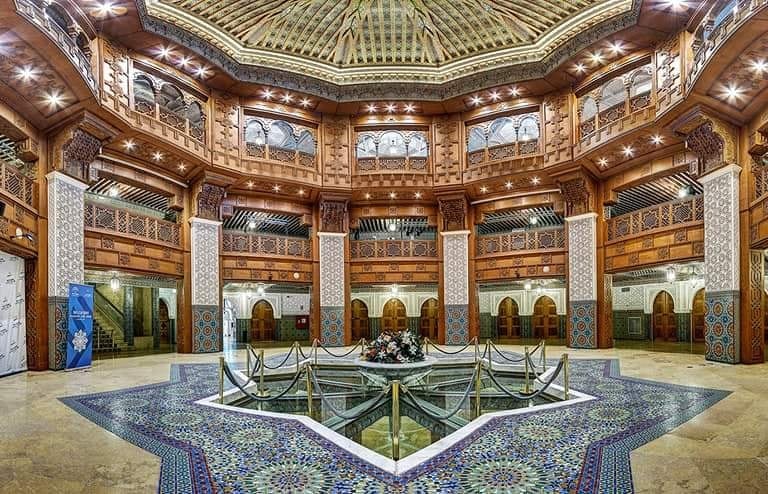

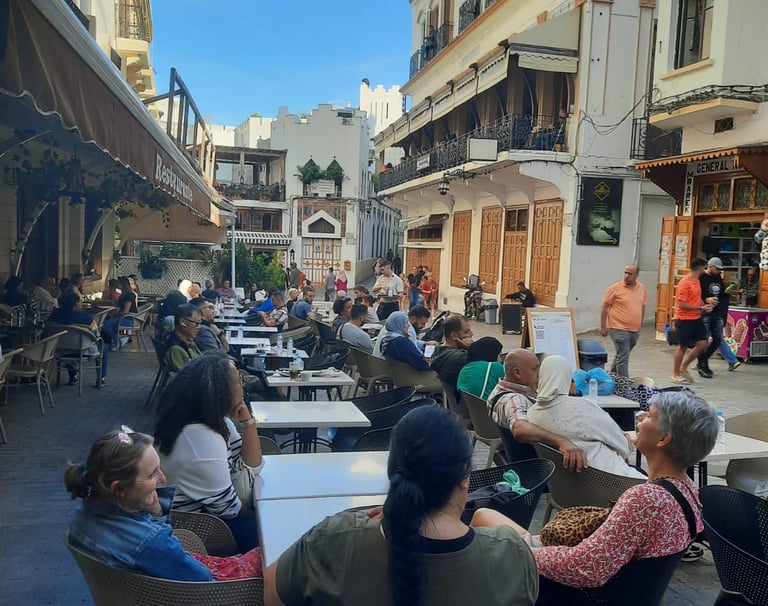

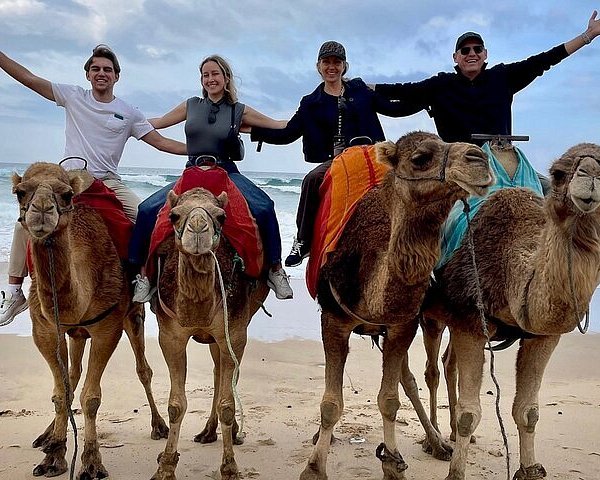

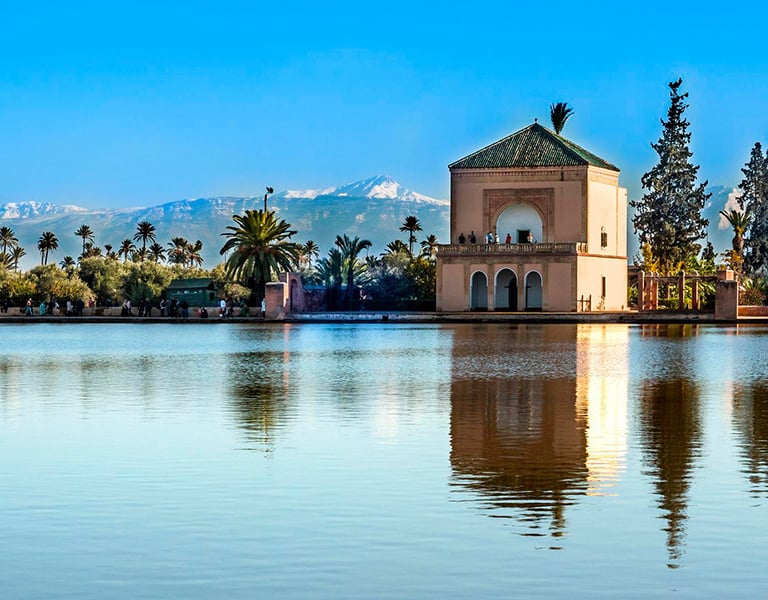

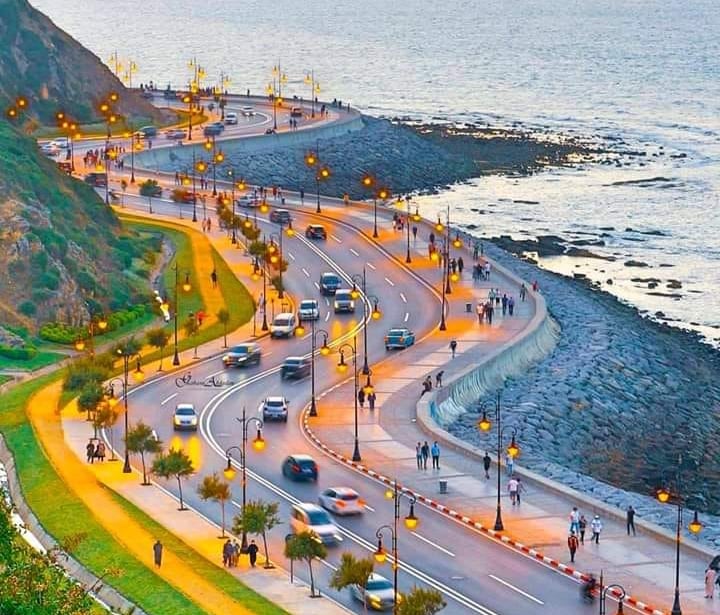

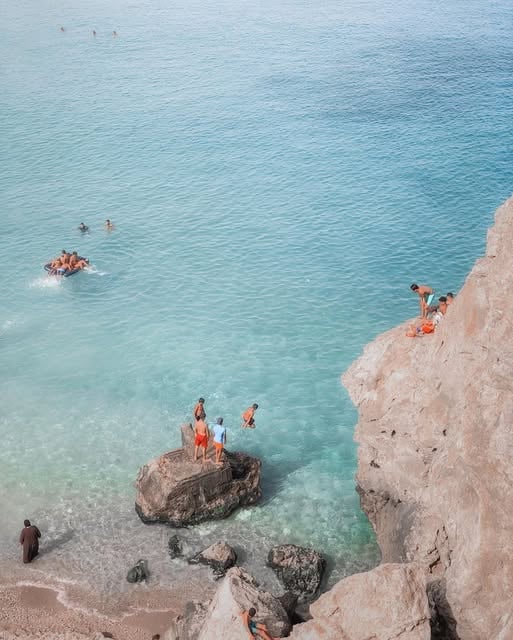

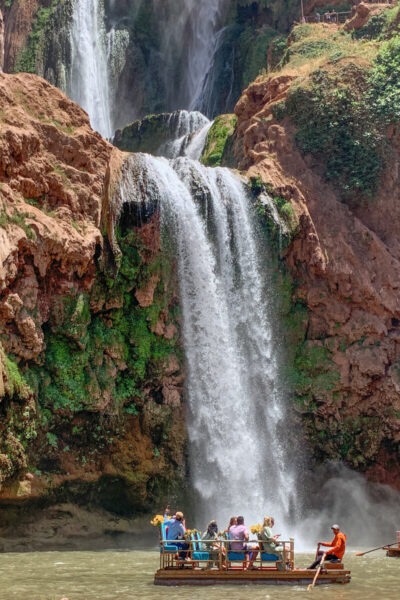

Leave a comment :
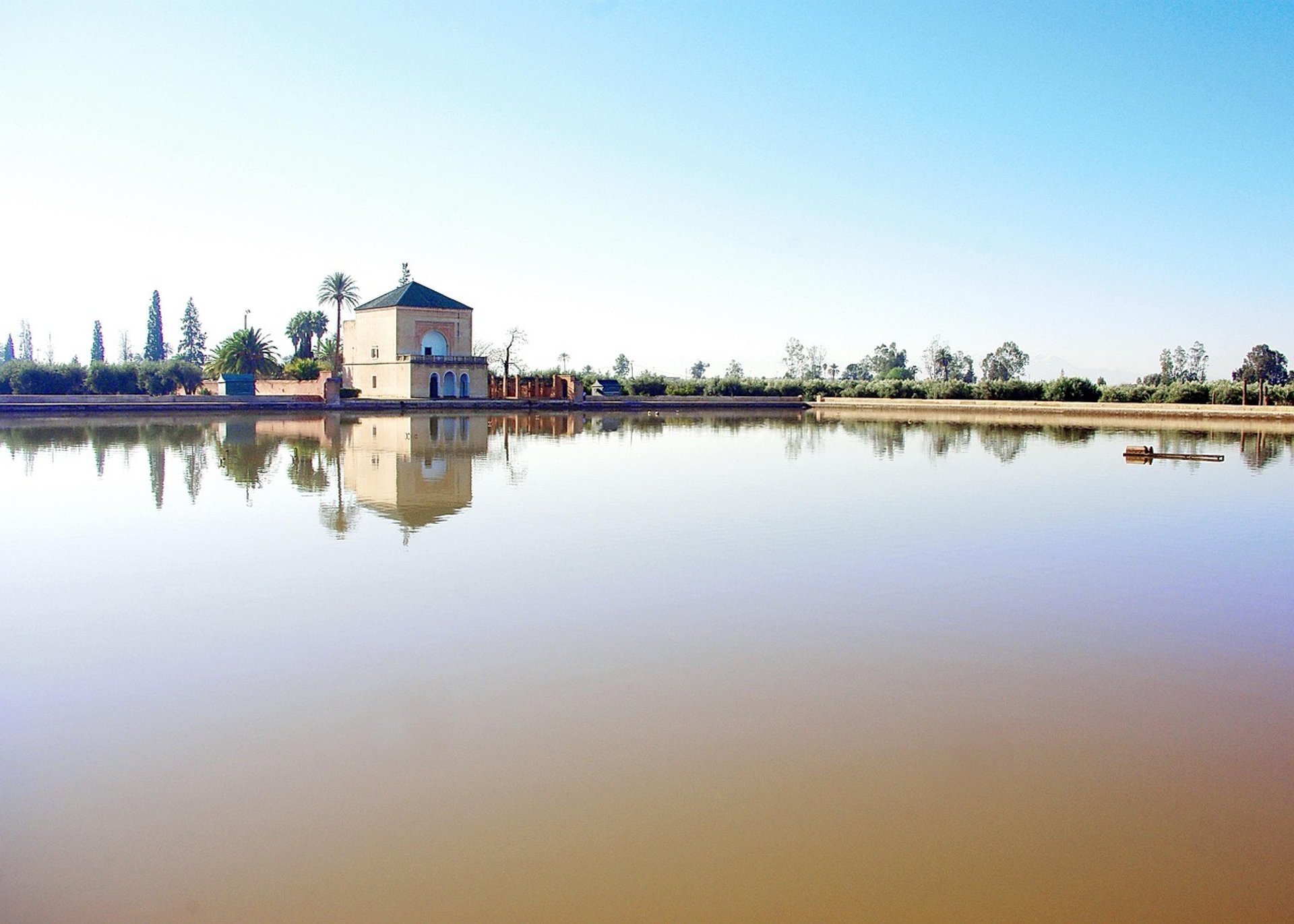
The best hotel deals in MOROCCO at low prices
Plan your trip with our partners in Morocco and benefit from the best rates
Transportation
Accomodation & Stays
On - site Services
About us
Legal notices
Privacy Policy
Terms and Conditions of Sale
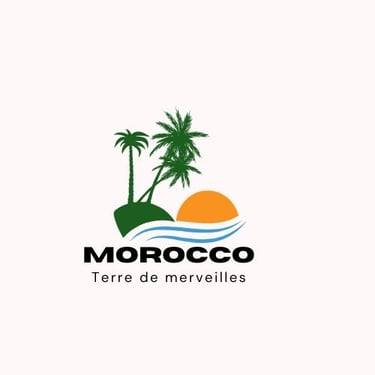

Follow us on :
Complete travel guides
© 2025 Morocco Terre de Merveilles
